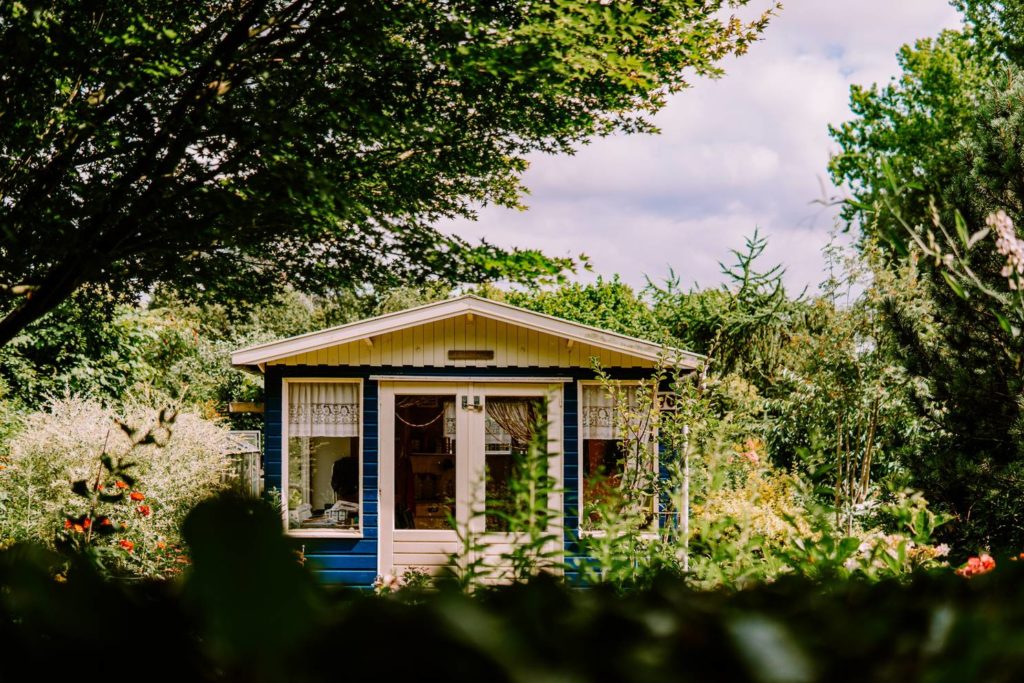Inheriting a house in New York can either be a welcome addition to your life or it can be a burdensome complication, especially if it goes to probate sale.. It depends on your circumstances and the overall situation. Inheriting a home gives you different options on how to proceed. You can choose to live in the house, you can choose to rent the house out, or you can sell the house.
If you decide to sell the house, there are multiple ways of doing it. You can sell it on the open market. Or you can sell it as-is to a cash buyer like Leave the Key Homebuyers. Selling the house as-is means you can move quickly and get cash for it without having to make major investments beforehand. But if you’re planning on selling your inherited house on the open market in New York, here is a guide to show you the steps and potential problem areas that are ahead.
Know The Details
If you decide to sell the house you’ve inherited in New York, the first thing you need to know is how much the property is worth. The best way to know is to look at other properties in the area with similar features that have sold recently and see what they listed for and what they got. There will be differences based on condition, renovations, and features in each property, but it will give you a baseline number to work with.
Next, you need to know what the financial situation is and how that affects the value. How much money is outstanding on the mortgage? Are there liens attached to the house? Are property taxes up to date or have they been unpaid? As you answer these questions you’ll get a clearer idea of the true value of the house when you list it on the open market.
You also want to be clear on the official ownership of the house. Are you the sole inheritor or did multiple family members inherit the house? If it’s the latter, are all parties in agreement about the house sale? If not, you’ll need to work out a legal agreement in order to ensure everyone is on the same page. That might require you to provide an upfront payment or it could be contingent on the sale price. Just make sure everything is documented.
How Will This Impact You?
When you sell an inherited house, there are lots of financial implications that you need to consider because you might not be aware of them beforehand. You might be on the hook for taxes related to the proceeds of any inherited property sale. New York has a state inheritance tax, but there are exceptions. Right now, beneficiaries will only be taxed when assets value more than $5.25 million. The tax rate on those assets is between five and 16 percent, which is still lower than the 40 percent federal inheritance tax rate.
It’s important to note that New York also has a tax cliff. So if your inherited assets are more valuable than the tax exemption, the entire value of the property gets taxed. So if you’ve inherited a very lucrative property, you could be on the hook for a very large tax bill. That alone could be a good enough reason to sell if it’s not in your plans.
Prep the House For Sale
Once the financial considerations have been sorted out, you need to prepare the house for a sale on the open market. That means getting rid of any personal belongings that were left behind by the previous owner. If that person were a hoarder that means bringing in a cleaning crew that knows how to handle that kind of situation. You’ll also need to declutter the house in order to get it in the best condition possible for potential buyers. That could mean depersonalizing rooms, bringing in a home stager, and hiring a photographer. All of this will cost money but that comes with the territory when you’re selling to market buyers.
When it comes to removing personal items, this can be difficult so it’s important to think about where everything should go. There are probably going to be certain items that you’d like to keep or hold onto. If you want to keep some mementos you should collect them right away. Check with relatives or anyone close to the previous owner to see if they want anything as well.
With everything left in the house after that, you’ll need to determine what will be given away, which should be thrown away, and what should be sold. Selling fixtures and furniture can offset some of the costs or taxes related to the home sale. You can also hold a yard sale or estate sale that will generate money as well as encourage some potential buyers to get interested.
The Price is Right
Pricing an inherited house can be complicated. You’ll need to consider many factors but it’s important to remember that you’re going to be unlikely to get your asking price even after you set it. Often it depends on market conditions and if it’s a buyer’s market you’ll definitely have to assume you’re going to make less money. However, there are many other factors such as the condition of the home and the aforementioned financial considerations that will impact the sale as well.
It’s important for you to not only know what you’re asking but also how low you are willing to go. Buyers will try to negotiate you down as much as possible so you’ll want to be very clear where your red line is. Don’t allow emotions or memories related to the previous owner affect your negotiations. You don’t need to make concessions just because you’ve inherited the house or you’re eager to sell it.
In the meantime, make sure you’re staying up on mortgage payments while selling the house. You don’t want to muddy the waters with any last-minute revelations that will make the buyer decide to look elsewhere. Then you have to start over and you’ve got bad conditions you’ve created that you now have to deal with.
Go here to read more posts about inherited properties.
Sell the Inherited House As-Is
There are a lot of financial implications that come with an inherited house, not to mention all of the time and steps you need to deal with that is part of selling a house on the open market in New York.
Another solution that allows you to sell the house without worrying about the hassles involved is to sell it as-is to a cash buyer like Leave the Key Homebuyers. They’ll look at the house in the condition it’s already in, give you a fair offer, and pay you in cash for the house on your own timeline. You could even sell the house quickly in a matter of days and you won’t need to make upgrades, declutter, or deal with market buyers. You get cash for the inherited house and you get to move forward without all the headaches.


